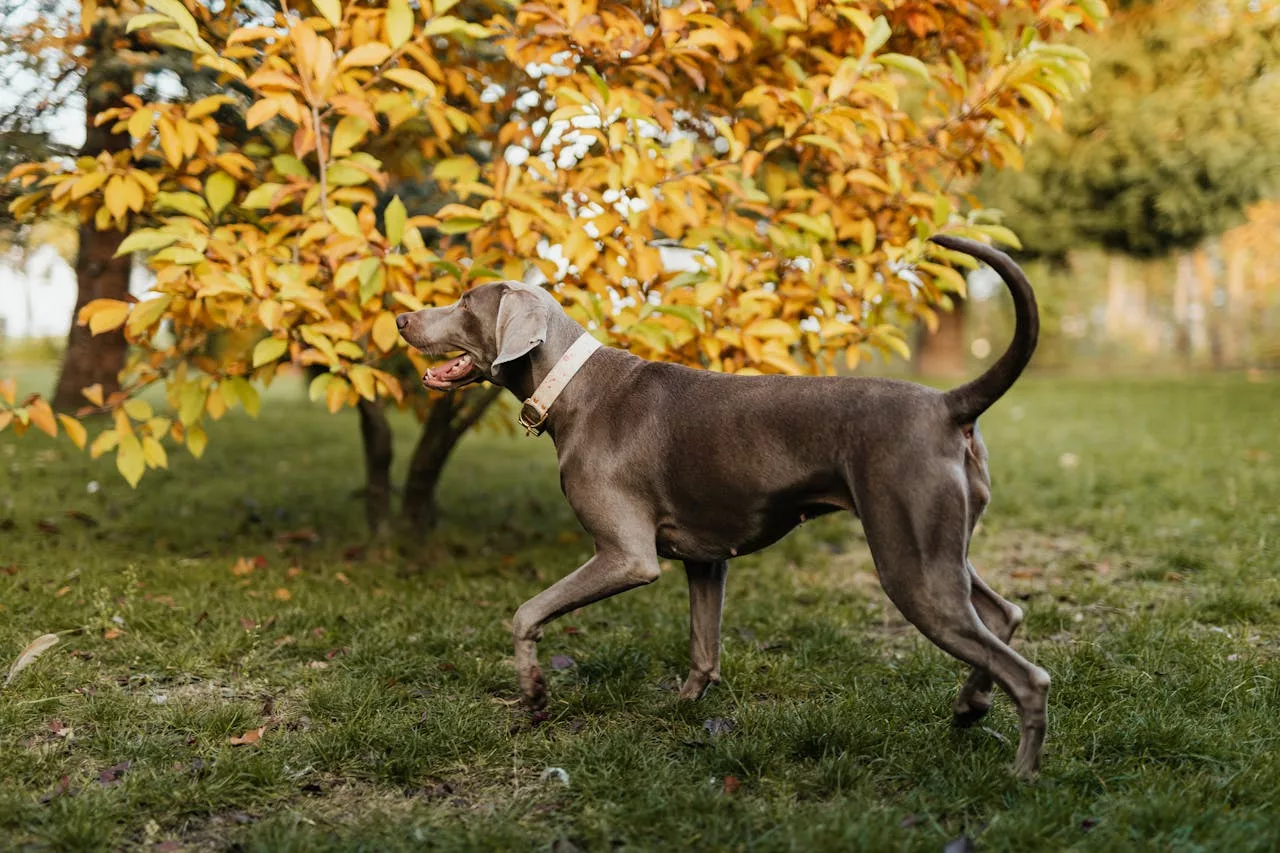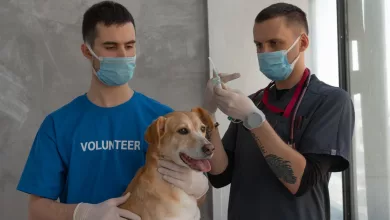As the seasons change, the effects on senior pets can be more pronounced than in their younger counterparts. Just like humans, older pets experience the environment differently, and these changes can impact their comfort, health, and overall well-being. Understanding how the shifts in weather, daylight, and temperature affect senior pets is key to helping them live a longer, healthier, and more comfortable life.
In this blog post, we’ll explore the ways different seasons affect older pets and share tips on how to keep them happy and healthy throughout the year.
1. Winter: Cold Weather Challenges for Senior Pets
Winter can be particularly hard on older pets, especially those with arthritis or joint issues. Cold temperatures tend to exacerbate joint stiffness and make it more challenging for senior pets to move around comfortably.
Impact of Winter on Senior Pets:
- Arthritis and Joint Pain: Cold weather can worsen arthritis symptoms, making movement painful.
- Reduced Mobility: Slippery conditions like snow and ice can cause falls, which are riskier for older pets.
- Low Energy Levels: Shorter days and colder temperatures may decrease energy levels, leading to inactivity, which can contribute to weight gain.
Winter Care Tips:
- Provide a warm, draft-free place for your pet to rest, with soft bedding that cushions their joints.
- Consider pet-safe heated pads or blankets to alleviate discomfort from the cold.
- Maintain a gentle exercise routine to keep their joints moving, but avoid overexertion.
- Watch for signs of seasonal depression in your pet, such as lethargy or changes in appetite, and consult a vet if needed.
2. Spring: Navigating Allergies and New Growth
Springtime can bring relief from winter’s chill, but it also introduces allergens, which can be problematic for senior pets with weakened immune systems. Pollen and new plant growth can trigger allergies, making this season challenging for older dogs and cats.
Impact of Spring on Senior Pets:
- Allergy Flare-Ups: Increased pollen levels can cause skin irritations, sneezing, and watery eyes in pets with allergies.
- Increased Insect Activity: Fleas, ticks, and other pests become more active, posing a threat to senior pets who may have weaker immune defenses.
- Energy Surge: While some pets may feel revitalized in spring, others may experience fatigue from allergens and changing temperatures.
Spring Care Tips:
- Regularly groom your pet to remove excess pollen from their fur, and bathe them more frequently if necessary.
- Use flea and tick preventatives, and check for pests regularly.
- Monitor for signs of allergies, such as excessive scratching, sneezing, or licking, and consult a veterinarian for treatment options.
- Ensure your pet is hydrated, as warmer temperatures may increase thirst and susceptibility to dehydration.
3. Summer: Heat and Hydration for Senior Pets
Summer can be enjoyable, but it’s also a time when older pets are vulnerable to heat-related health issues, such as dehydration, heat stroke, and exacerbated breathing problems.
Impact of Summer on Senior Pets:
- Heat Sensitivity: Senior pets often struggle to regulate their body temperature, making them more susceptible to overheating.
- Dehydration: Increased temperatures lead to a higher risk of dehydration, which can cause kidney issues and exacerbate pre-existing health conditions.
- Exercise Intolerance: While younger pets may enjoy running and playing outdoors, senior pets often struggle with heat and may experience fatigue faster.
Summer Care Tips:
- Keep your pet indoors during the hottest part of the day, ideally in an air-conditioned environment.
- Provide plenty of fresh, cool water, and consider adding ice cubes to keep it cool.
- Walk your dog early in the morning or late in the evening to avoid high temperatures.
- Watch for signs of heatstroke, such as excessive panting, drooling, lethargy, and vomiting, and contact a vet immediately if you suspect your pet is overheating.
4. Fall: A Time to Prepare for Cold Weather
As the temperatures begin to drop, senior pets may start experiencing stiffness or discomfort as their joints prepare for the winter ahead. Fall is also a good time to address weight management and any health concerns before winter sets in.
Impact of Fall on Senior Pets:
- Joint Stiffness: The drop in temperature may cause early stiffness or exacerbate existing joint pain in senior pets.
- Weight Gain: As pets become less active, it’s important to monitor their diet to prevent unhealthy weight gain, which can put additional strain on joints.
- Seasonal Shedding: Fall can be a time of increased shedding, and for older pets with skin sensitivities, this can lead to dryness or irritation.
Fall Care Tips:
- Gradually introduce joint supplements or consult with your vet about anti-inflammatory medications if your pet shows signs of discomfort.
- Monitor your pet’s diet and consider switching to a lower-calorie food if they become less active during colder months.
- Increase indoor activities, such as puzzle toys or light indoor play, to keep your pet’s mind and body engaged without stressing their joints.
- Ensure your pet’s bedding is insulated and comfortable for the cooler nights ahead.
5. Year-Round Senior Pet Care: General Tips
No matter the season, keeping your senior pet healthy requires year-round attention to their changing needs. Here are some general tips to ensure your pet stays happy and comfortable as they age:
- Regular Vet Visits: Ensure your senior pet has routine check-ups to catch any health issues early.
- Adjust Their Diet: Senior pets often need a modified diet that’s lower in calories but rich in nutrients to support their aging bodies.
- Maintain a Healthy Weight: Weight management is key to reducing strain on joints and keeping your pet mobile.
- Provide Comfortable Bedding: Senior pets need more cushioning and support as they rest, so invest in orthopedic beds or blankets.
- Stay Active: Gentle exercise, such as short walks or light play, is crucial for keeping your pet’s joints mobile and maintaining a healthy weight.
Conclusion
As your pet ages, their ability to cope with seasonal changes diminishes, making it crucial for pet owners to take a proactive approach to their care. By understanding the specific challenges posed by each season and adapting your pet’s environment and routine, you can help ensure your senior pet remains healthy, happy, and comfortable year-round.
With a little extra care and attention, your senior pet can enjoy the changing seasons just as much as you do!




